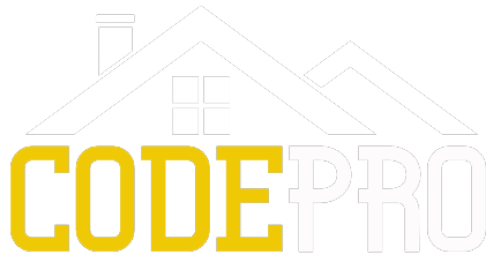Maryland
Updated 3/15/2025
Overview
Maryland follows the Maryland Building Performance Standards (MBPS), which requires all
jurisdictions to adopt the same edition of the International Codes (I-Codes). The Department of Housing
and Community Development serves as the statewide adopting authority. While local jurisdictions must
adopt the latest editions of these codes, they can make amendments to address local conditions. However,
amendments to the 2018 International Energy Conservation Code (IECC) and the Maryland
Accessibility Code are restricted to only making them more stringent. There are no penalties if a
jurisdiction does not adopt the latest edition in a timely manner.
CodePro Uses the Following Codes for Answers:
- 2021 International Residential Code (IRC)
- 2018 International Plumbing Code (IPC)
- 2020 National Electrical Code (NEC) – Effective May 29, 2023
Additional Resources:
For more details on Maryland’s building codes, click here for the state-specific website.
Local jurisdictions have the authority to amend codes, except for the 2018 IECC and Maryland Accessibility Code, which can only be made stricter. For more information on county specific codes and amendmentsclick here.
Local jurisdictions have the authority to amend codes, except for the 2018 IECC and Maryland Accessibility Code, which can only be made stricter. For more information on county specific codes and amendmentsclick here.
- Adoption Category
Hybrid
- Amendments
Local
Hybrid Adoption
A hybrid adoption system means codes can vary at state and local level. Many times the
state establishes a base code for building regulations and local jurisdictions then have the
authority to amend or adopt more stringent requirements. This allows flexibility for cities
and counties to tailor codes to their specific needs while maintaining a foundational
standard set at the state level.
